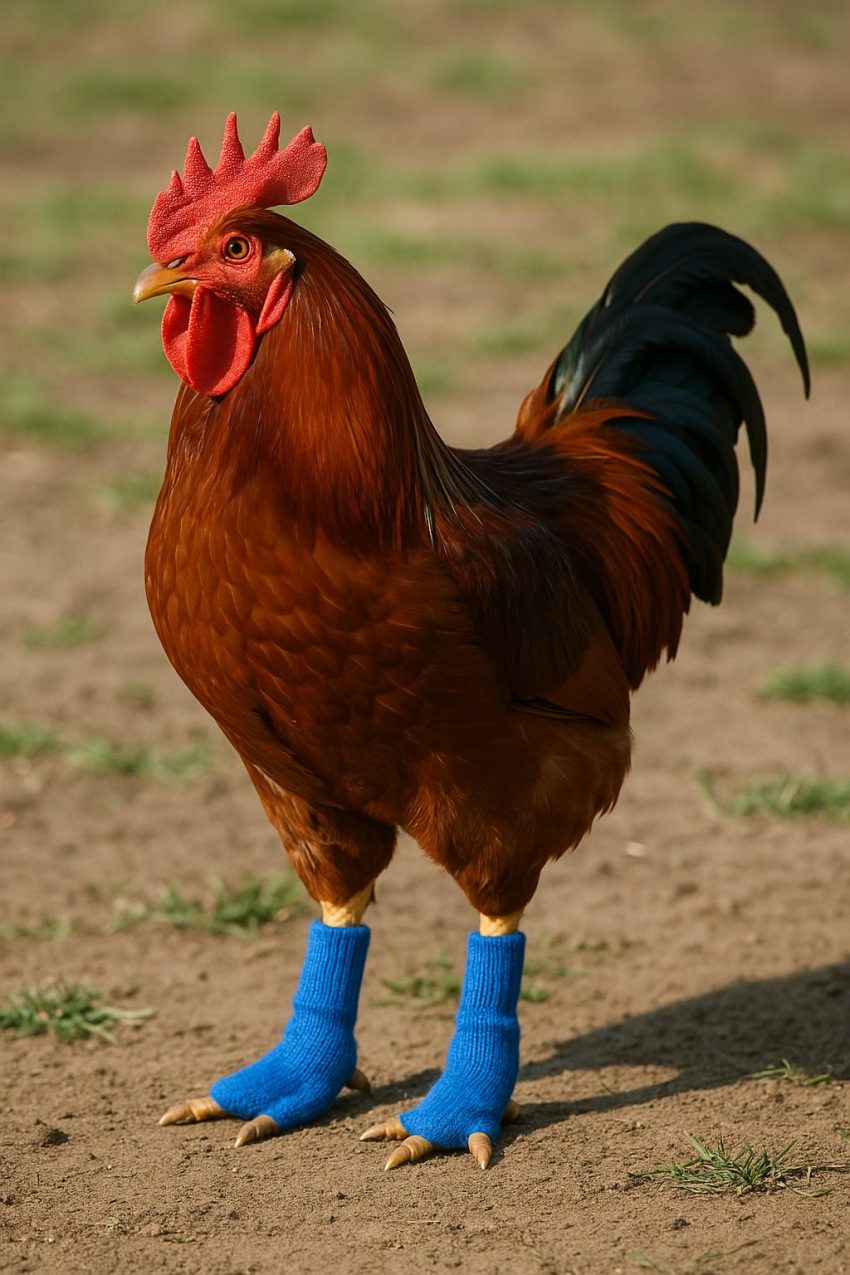When I was a first-year oral surgery resident, I had two great chief residents who became tremendous mentors to me. One of them, Ryan, was in his final year of residency—but it was also his first year at our program, just like me. The year before, he had been in his third year of residency in Galveston, Texas, when a hurricane struck the city and destroyed the hospital that housed his program. It was a devastating blow to his training. After the hurricane, he and the other residents had to search for new programs to complete their education.
Fortunately for me, Ryan ended up in Chicago to finish his training.
I liked him the moment I met him. He wore a flannel button-up shirt and spoke with a slow southern drawl. He was kind but no-nonsense. He got to the point. He wasn’t the most gifted teacher, but he had a sharp eye for detail and often pointed out subtle surgical nuances that I might’ve otherwise missed.
One time, while sectioning a wisdom tooth, Ryan accidentally scored the lingual plate—the thin inner part of the jawbone near the lingual nerve, which provides sensation to the tongue. There was no damage done to the patient but Ryan recognized he drilled a little deeper than intended. After removing the tooth, he motioned for me to look over his shoulder and said, “See that? That’s from drilling too deep into the tooth and cutting into the bone.” He explained how dangerous that could be—the lingual nerve usually lies just on the other side of that bone. Cutting too deep could potentially damage the nerve, causing the patient to permanently lose sensation in half their tongue.
Ryan had a whole collection of colorful Southern sayings that he managed to adapt to oral surgery. One time, we were doing a full-mouth extraction together. After placing the patient’s new dentures, he announced, “Well, those are gonna fit like socks on a rooster!” The patient—who clearly hadn’t grown up anywhere near a farm—looked completely bewildered. Ryan quickly followed up by explaining that the dentures would likely feel loose at first and that the patient would be seeing their dentist for adjustments. After the patient left, we had a good laugh, and Ryan said, “Well, I guess I should’ve picked a different phrase to explain that.”
What I loved most about Ryan was his consistent attitude of curiosity and humility. He was always asking, “What went wrong? What can I learn?” He did this with the big things—like having to restart his training after a natural disaster—and with the small things, like drilling a little too deep into a tooth. He was a perpetual student, always holding a magnifying glass to his failures and examining them with honesty and care.
And he did it with a good attitude.
He wasn’t afraid to laugh at himself or at the ridiculous situations we sometimes found ourselves in. He didn’t beat himself up over mistakes, but he didn’t ignore them either. He faced reality head-on and squeezed every ounce of wisdom from it. That’s a rare quality but an important one to cultivate, especially for those whose work directly affects people’s lives. Sometimes going back through our mistakes and finding the hidden gems of wisdom can feel a little like socks on a rooster: awkward and uncomfortable. The more we do it, the more natural it will become and the more progress and growth it will bring to our lives.
Reflection Questions:
- Where in your life would it help to adopt more of a student mindset?
- Are there certain mistakes or failures you avoid looking at too closely? Why?
- Which areas of your life do you truly want to improve?
Action Step:
- Write down one area where you want to improve.
- What is one recent issue or failure you’ve experienced in that area?
- List three possible contributing factors.
- Identify two things you can focus on to avoid a similar mistake in the future.
Remember: “The only real mistake is the one from which we learn nothing.”

